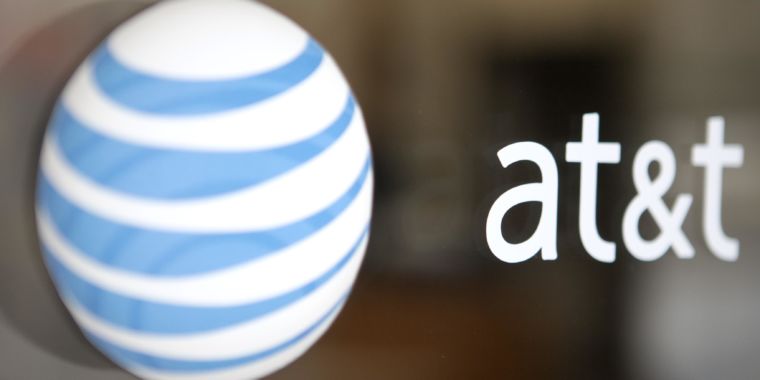
Getty Images | Bloomberg
AT&T is buying an advertising company that delivers personalized ads based on Internet users’ Web browsing habits.
AT&T today announced “a definitive agreement to acquire AppNexus,” saying that “AT&T is investing to accelerate the growth of its advertising platform and strengthen its leadership in advanced TV advertising.”
AT&T’s just-completed purchase of Time Warner Inc. will help it gather more information about people’s video watching habits, both online and on cable and satellite TV services. AT&T could combine this data with AppNexus in order to deliver more personalized ads based on its customers’ TV watching and Web browsing histories.
Though AT&T’s announcement stressed AppNexus’s strength in TV advertising rather than online advertising, AppNexus notes its platform “power[s] the advertising that powers the Internet,” and that it “operate[s] the world’s largest independent marketplace for digital advertising.” The AppNexus marketplace is used by more than 34,000 publishers to sell ads to 177,000 brands.
We asked AT&T if it will monitor its home Internet and mobile broadband customers’ Web browsing histories in order to serve targeted ads via AppNexus. We’ll update this story if we get a response.
AppNexus might be just one of several ad companies being purchased by AT&T. AT&T CEO Randall Stephenson said this month that AT&T is “standing up a significant advertising platform” and that “you should expect some smaller [mergers and acquisitions] in the coming weeks to demonstrate our commitment to that.”
AT&T said it intends to close its purchase of AppNexus in the third quarter of this year, pending “customary closing conditions.” The acquisition price was not announced, but The Wall Street Journal reported that “AT&T is expected to pay around $1.6 billion.”
Competing against Google and Facebook
AT&T wants to take a bigger piece of the online advertising market currently dominated by Google and Facebook.
AppNexus’s privacy policy says that its platform “select[s] ads for your browser based on your online Web browsing behavior.” Businesses that purchase ads on the AppNexus marketplace could thus deliver more personalized ads if AppNexus gains access to more Web browsing data. AT&T can gather a treasure trove of such information from its more than 60 million smartphone subscribers and nearly 16 million home Internet subscribers. AT&T also owns DirecTV, the largest satellite TV service in the US, and operates a wireline TV service under the U-verse brand.
Currently, an Internet user can opt out of AppNexus personalized ads with opt-out cookies that must be stored in each browser or device the user browses the Web from. AT&T also offers methods of opting out of personalized advertising.
AT&T isn’t likely to change this to an “opt-in” system, which would give privacy to more Internet users by preventing personalized ads by default unless a user opts in to a targeted ads system.
Last year, Congress prevented implementation of privacy rules that would have required home Internet and mobile broadband providers to get consumers’ opt-in consent before using their Web browsing histories for advertising. Congress took that action after heavy lobbying by AT&T and other Internet providers.
AT&T could also charge broadband customers extra in exchange for turning off Web browsing data collection. AT&T formerly ran a program called “Internet Preferences,” which analyzed its customers’ Internet habits and used the results to deliver personalized ads to the websites they visited. AT&T deployed Internet Preferences on its fiber Internet service, and charged at least another $29 a month for Internet service that didn’t perform the extra scanning of customers’ Web traffic.
AT&T said it was ending that controversial program in September 2016, but could come up with a new pay-for-privacy program now that it’s planning a deeper push into personalized advertising.
“AT&T will continue to invest in and build on AppNexus’ foundational technology as it integrates with AT&T’s first-party data, premium video content and distribution,” AT&T said in its acquisition announcement. AT&T noted that it “has more than 170 million direct-to-consumer relationships across its wireless, video and broadband businesses.”
Be the first to comment